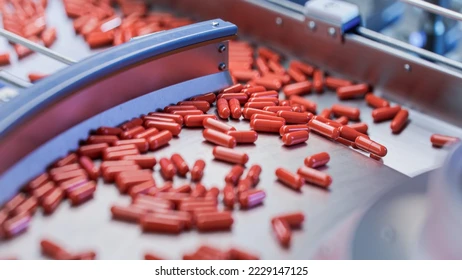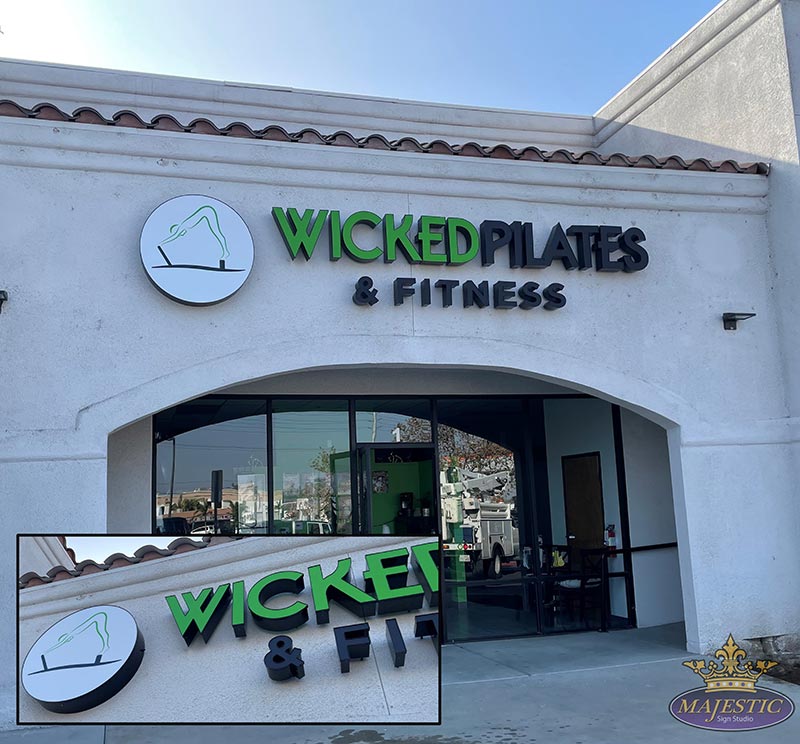
Capsule manufacturing is the process of creating capsules that can contain powdered, liquid, or gel-based substances. These capsules are typically used for delivering pharmaceutical drugs or nutritional supplements in an easy-to-consume form. The manufacturing process involves combining active ingredients with excipients, filling the capsule, sealing it, and ensuring it meets stringent quality standards.
Capsules are widely favored due to their ease of use, fast absorption, and ability to deliver both solid and liquid formulations. The two most common types of capsules are gelatin capsules and vegetarian capsules, with gelatin being derived from animal sources and vegetarian capsules made from plant-based materials like cellulose.
The Capsule Manufacturing Process
The Capsule Manufacturing process typically involves several key steps:
Formulation Development
Before manufacturing can begin, the formulation of the product must be developed. This includes selecting the active pharmaceutical ingredient (API) or the dietary supplement ingredient and determining the appropriate excipients (inactive ingredients). Excipients are used to bind the ingredients together, enhance absorption, or provide flavor.
Capsule Shell Production
The shell of the capsule is produced separately from the contents. The shell is typically made from gelatin, although there are plant-based alternatives available. The gelatin is mixed with water and other ingredients to form a thick, syrup-like substance, which is then poured into molds to create the two halves of the capsule.
Filling the Capsules
Once the capsule shells are prepared, they are filled with the formulated mixture. This step involves placing the powdered or liquid ingredients into one half of the capsule shell and sealing the other half. The capsule filling machine is designed to automate this process, ensuring accuracy and consistency.
Sealing and Polishing
After the capsules are filled, they are sealed to ensure that the contents remain intact during transport and storage. Sealing is a crucial step, as improperly sealed capsules can lead to leaks or contamination. After sealing, the capsules are polished to remove any dust and ensure a smooth surface.
Quality Control and Testing
The final step in the capsule manufacturing process is quality control. Samples from each batch are tested to ensure that the capsules meet the required standards. This includes verifying the correct dosage, checking for any defects, and conducting stability testing to ensure the product remains effective throughout its shelf life.
Types of Capsules
Hard Gelatin Capsules
Hard gelatin capsules are the most commonly used type in the pharmaceutical and supplement industries. These capsules are made from animal-based gelatin and are used to encapsulate dry ingredients, such as powders or granules. Hard gelatin capsules are preferred for their durability, ease of swallowing, and rapid dissolution in the stomach.
Soft Gel Capsules
Soft gel capsules are made from a soft, flexible gelatin shell and are often used to contain liquids or oils. These capsules provide a more efficient delivery of nutrients and medications, especially for oils or fat-soluble ingredients that are difficult to deliver in powder form. Soft gels are commonly used for supplements like fish oils, vitamins, and CBD products.
Vegetarian Capsules
For consumers who follow plant-based or vegan diets, vegetarian capsules made from hydroxypropyl methylcellulose (HPMC) or pullulan are a popular alternative to gelatin capsules. These capsules are suitable for people avoiding animal-derived products and can be used for the same range of applications as gelatin capsules.
Benefits of Capsule Manufacturing
Precise Dosage
One of the main advantages of capsule manufacturing is the ability to deliver precise dosages of active ingredients. This is especially important in the pharmaceutical industry, where accurate dosing is critical for both safety and effectiveness.
Ease of Consumption
Capsules are easy to swallow and provide a convenient way for consumers to take their medications or supplements. They are also less likely to have a strong taste or odor compared to other forms, like tablets or powders.
Enhanced Bioavailability
Capsules offer improved bioavailability by allowing faster absorption of the active ingredients in the body. Gelatin capsules dissolve quickly, releasing the active ingredients for quick absorption in the stomach or intestines.
Customization
Capsule manufacturing provides flexibility in customization. Whether you are producing hard or soft gel capsules, you can tailor the size, shape, and color of your capsules to match your brand or product needs. Additionally, capsule manufacturers can work with a wide range of formulations to meet specific product requirements.
Long Shelf Life
Properly manufactured capsules have a long shelf life and maintain the stability of their ingredients. Capsules are resistant to moisture and light, which helps preserve the potency of the active ingredients over time.
Key Considerations When Choosing a Capsule Manufacturing Partner
Experience and Expertise
Look for a capsule manufacturing partner with a proven track record in the industry. Experienced manufacturers are familiar with the regulatory requirements and quality standards that need to be followed. They can also provide valuable guidance on formulation, ingredient selection, and packaging.
Quality Control Standards
Ensure that the manufacturing partner follows strict quality control procedures. The manufacturer should conduct testing at every stage of the production process, from formulation to finished product, to ensure consistency and safety.
Customization Options
Depending on your product needs, it’s essential to choose a manufacturer that offers customization options. This includes the ability to create capsules in various sizes, colors, and types (gelatin, softgel, vegetarian) to meet your specific requirements.
Regulatory Compliance
Make sure that the capsule manufacturer complies with industry regulations and certifications, such as Good Manufacturing Practices (GMP), and is capable of meeting the standards set by regulatory bodies like the FDA or European Medicines Agency (EMA).
Lead Times and Pricing
Consider the manufacturer’s lead times and pricing structure. For businesses, timely delivery and cost efficiency are crucial factors. Make sure to evaluate quotes from multiple manufacturers to find a balance between quality and affordability.
Conclusion
Capsule manufacturing is a crucial aspect of both the pharmaceutical and nutraceutical industries. Whether you’re producing prescription medications, over-the-counter drugs, or dietary supplements, capsules offer a versatile, efficient, and cost-effective delivery system. By choosing the right capsule manufacturing partner, you can ensure high-quality production that meets regulatory standards and provides your customers with a reliable and effective product.
Understanding the manufacturing process, the benefits of capsules, and key considerations for selecting a manufacturer will help you make informed decisions for your business. If you are looking to develop a capsule-based product line, partnering with an experienced and reliable capsule manufacturer will set your business on the path to success.






